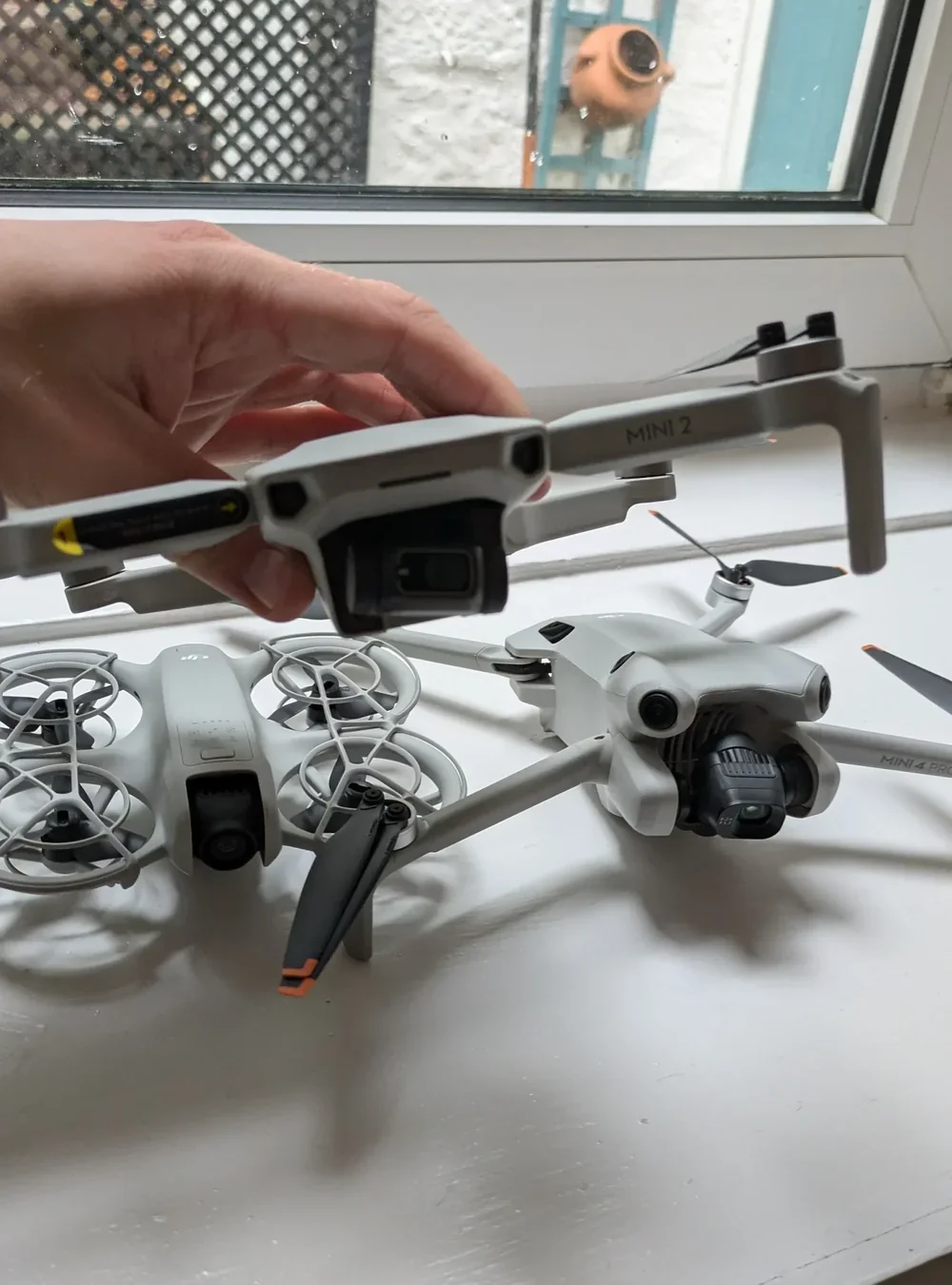
The truth is, costs vary wildly depending on what you're doing.
For hobbyist drone pilots just starting out, you can get covered for as little as £25 annually, while more serious recreational flyers might look at policies in the £50-£100 range.
Once you step into the commercial world, as I have, you're looking at a starting point of at least £200 per year, and often more for specialist work. There are even flexible pay-as-you-fly options from £18 for one-off jobs.
So, how do you figure out what you'll actually pay? Let's dive into the key factors that insurers look at.
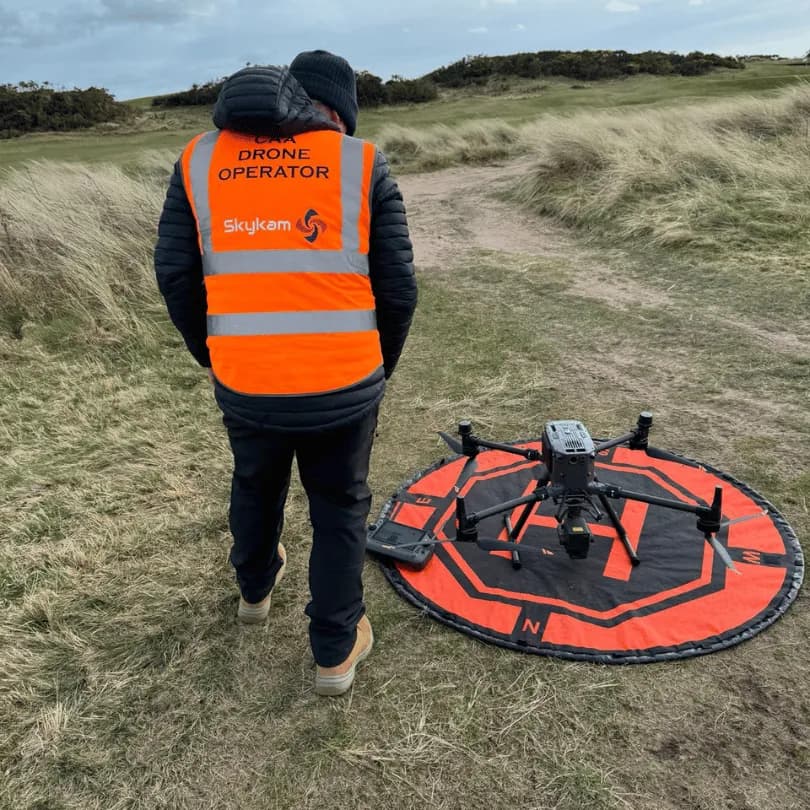
30 Second Summary
- Basic hobbyist drone insurance starts around £25 annually, offering up to £1 million in public liability coverage
- Comprehensive recreational policies cost between £50-£100 per year, covering damage, theft, and loss
- Commercial drone insurance begins at approximately £200 annually with liability coverage of at least £1 million
- Short-term "pay-as-you-fly" options start from £18-£20 for a few days of coverage
- Key cost factors include liability limits, drone value, usage purpose, and pilot qualifications or experience
Drone Insurance Types at a Glance
Feature | Basic Hobbyist | Comprehensive Recreational | Commercial | Pay-As-You-Fly |
Annual Cost | From £25 | £50 - £100 | From £200 | N/A |
Typical Use | Occasional flying | Regular hobbyists | Business use | Infrequent flights |
Covers | Public Liability | Liability, Theft, Damage | Liability, Equipment | Liability, Equipment |
Best For | Beginners | Serious enthusiasts | Professionals | Specific projects |
Basic Hobbyist Drone Insurance in the UK Starts From Around £25 Per Year
For hobbyist drone pilots in the UK, insurance coverage is surprisingly affordable.
You'll find basic annual policies starting at just £25, making it an accessible investment for recreational flyers.
These entry-level plans typically cover public liability up to £1 million, protecting you if your drone accidentally damages property or injures someone.
From my perspective as a professional, this is the absolute minimum I'd recommend for anyone starting out.
Most insurers also offer tiered packages, allowing you to increase coverage limits for a slightly higher premium.
Your exact costs will depend on factors like your drone's value, where you fly, and your experience level. Flying in busy areas or owning a more expensive model will likely increase your premium, and many providers also offer flexible payment options to help manage costs.
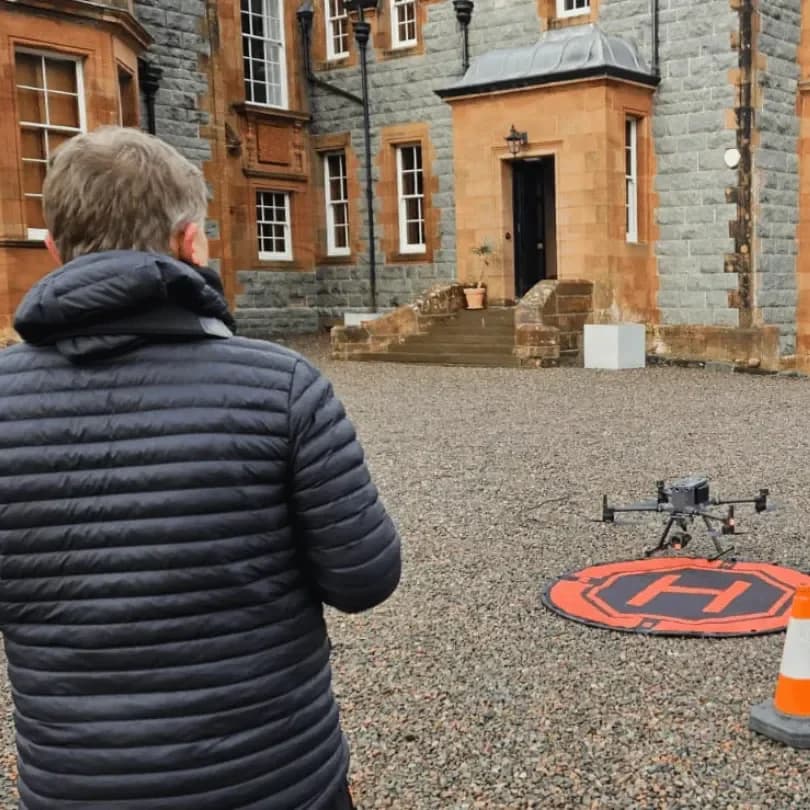
Comprehensive Recreational Policies Cost Between £50 and £100 Annually
Most recreational drone pilots eventually upgrade to comprehensive insurance for better protection.
In my experience, it only takes one close call with a tricky landing or a sudden gust of wind to see the value in protecting your gear, not just third parties.
These policies typically range from £50 to £100 per year, depending on your drone's value and the specific coverage options you select.
Unlike basic liability-only plans, comprehensive coverage protects your investment against damage, theft, and loss. You'll find policies that cover accidental damage from crashes, water damage, and even electronic failures.
Many insurers also include protection while your drone is in storage or transit.
The premium you'll pay varies based on factors like your drone's make and model, your experience level, and your claims history. It's worth comparing quotes from specialist providers (like Coverdrone, Moonrock, and Flock) to find the best balance of coverage and cost.
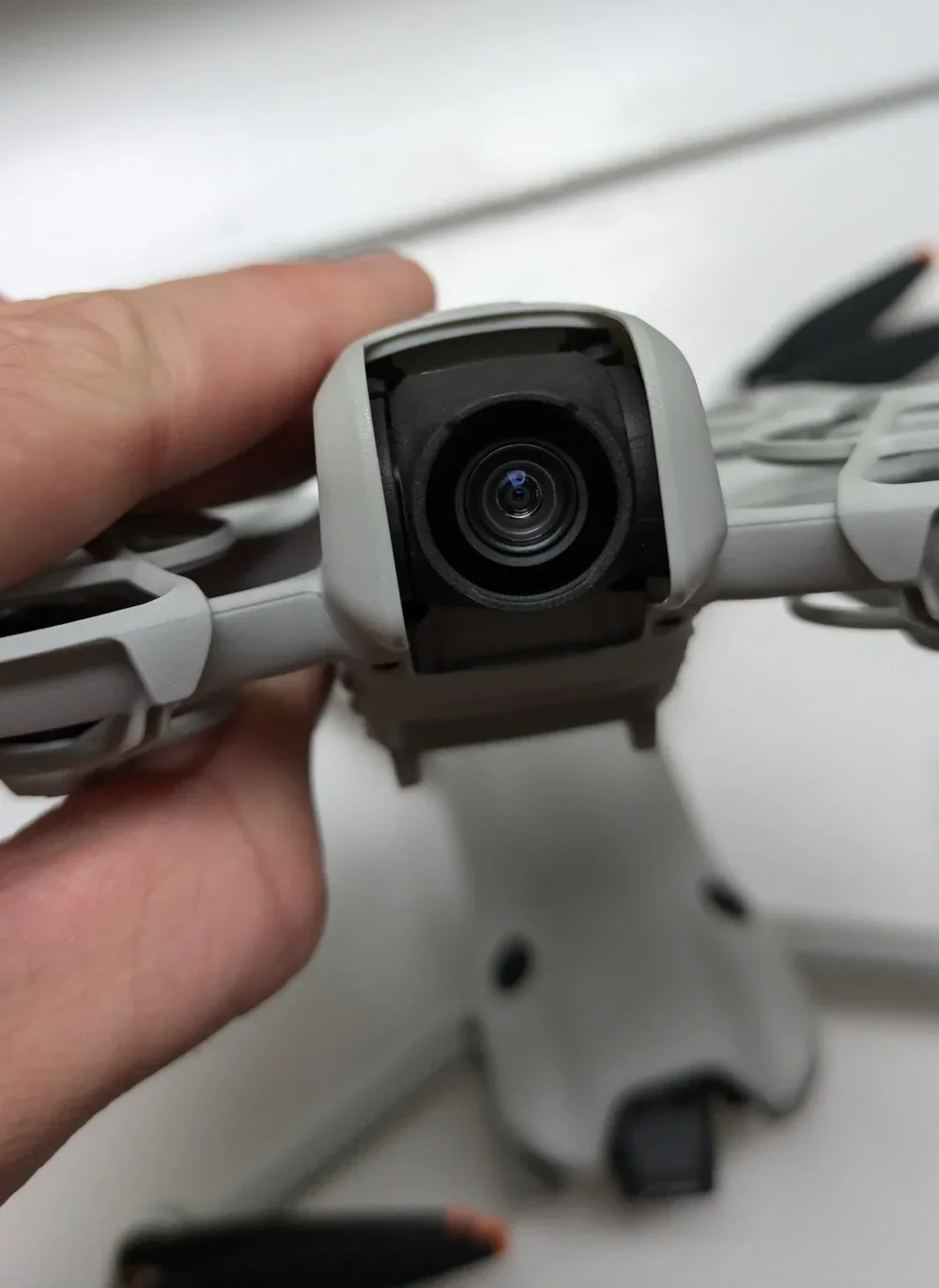
Commercial Drone Liability Insurance Starts From Roughly £200 Per Year
While recreational drone users can manage with simpler policies, commercial drone operators face more extensive insurance requirements.
As a GVC-qualified drone operator, I can tell you this is non-negotiable.
If you're using your drone for business purposes, you'll need to budget at least £200 annually for basic liability coverage. This entry-level commercial insurance typically provides £1 million in public liability protection.
Most of my commercial clients won't even consider hiring a drone pilot who can't show proof of at least £1 million in coverage, and for larger projects, they often demand £5 million or more.
Your premium will increase based on several factors: higher liability limits, equipment value, operational risk levels, and your experience as a drone pilot.
Specialized commercial activities like drone roof inspections or flying over populated areas will push your costs higher.
Many insurers offer flexible options including pay-as-you-fly policies for occasional commercial drone operators, or comprehensive annual packages that combine liability with hull insurance to protect your equipment investment.
Short-Term (Pay-As-You-Fly) Insurance Options Begin at £18–£20
Pay-as-you-fly drone insurance has emerged as a cost-effective solution for occasional flyers who don't need year-round coverage.
For as little as £18-£20, you can secure comprehensive protection for a few days, making it ideal for weekend projects or short-term commercial assignments.
I've used this myself when testing a new piece of specialised equipment for a single day's shoot before adding it to my main annual policy. It’s incredibly convenient.
These flexible policies typically offer similar liability coverage to annual plans but without the long-term commitment. You'll find options ranging from 24-hour coverage to week-long plans, with premiums scaling based on your drone's value and intended use.
Providers (like Flock, Coverdrone, and SkyWatch) offer user-friendly apps that let you activate coverage minutes before flying.
Many also factor in flight location, weather conditions, and drone pilot experience to calculate your premium, potentially rewarding safer flight plans with lower rates.
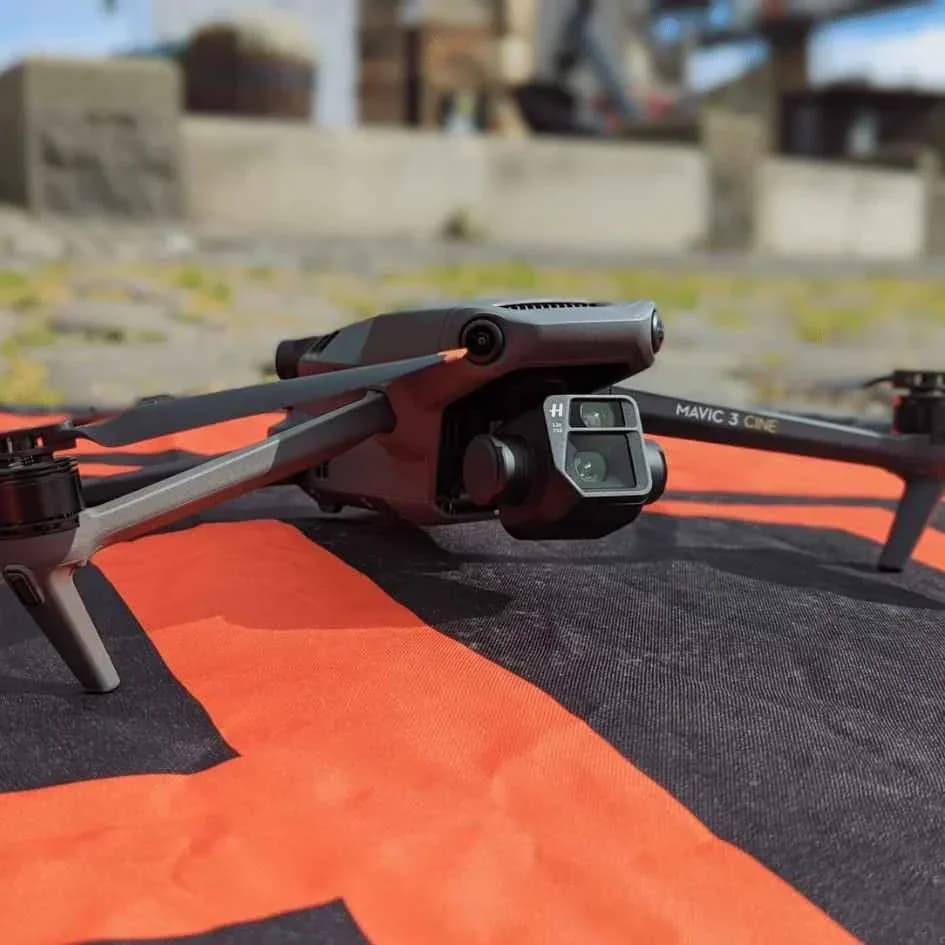
How to Get the Right Drone Insurance
Assess Your Needs: Determine if you're a recreational or commercial flyer.
Value Your Equipment: Calculate the total replacement cost of your drone and any attached gear (cameras, sensors).
Gather Your Details: Have your drone's make/model, serial number, and your drone pilot qualifications (like a Flyer ID or GVC) ready.
Compare Quotes: Don't just take the first offer. Use comparison sites or contact specialist insurers directly.
Read the Fine Print: Check the policy for exclusions, like flying in restricted zones or during specific weather conditions.
From experience, pay close attention to the 'fly-away' cover clauses, as they can be quite specific.
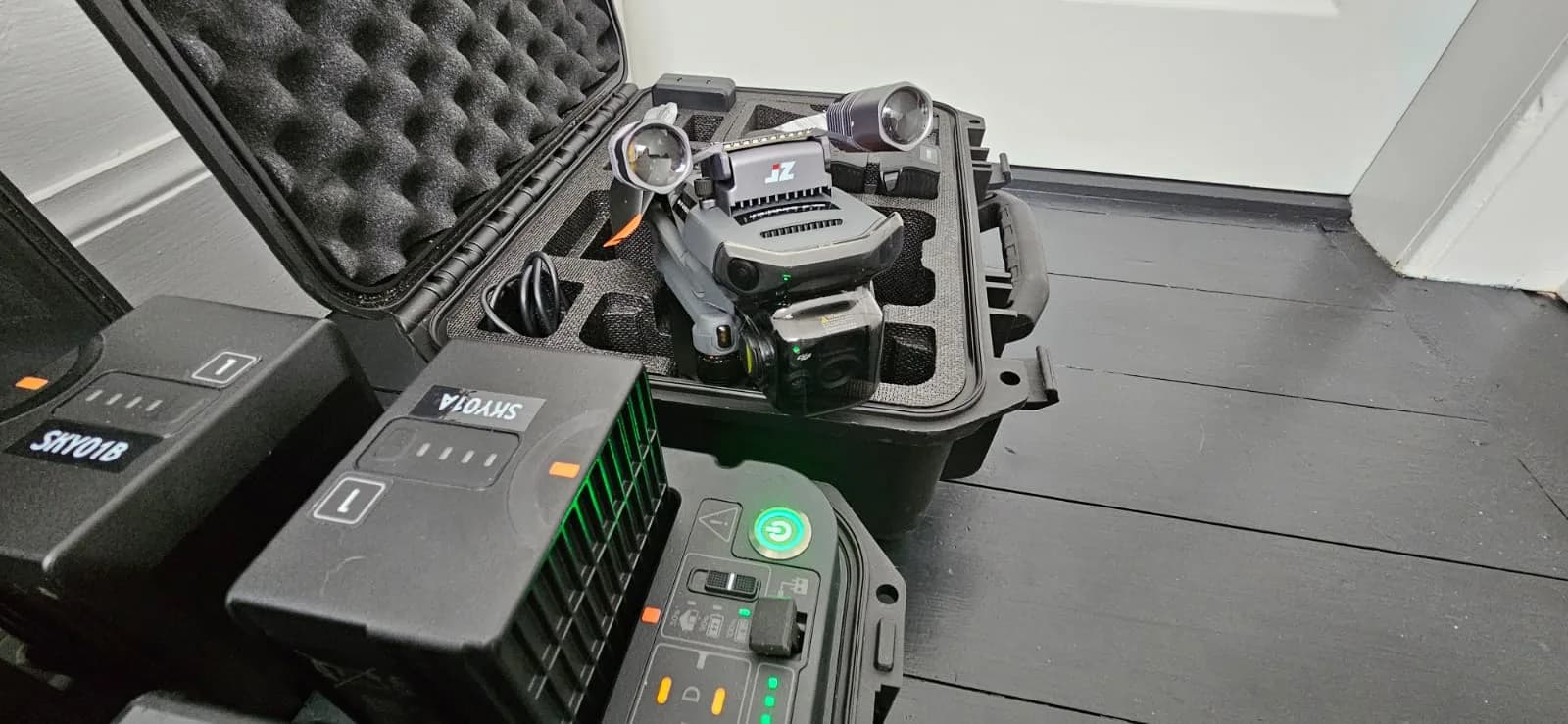
Key Factors That Influence Drone Insurance Costs
When breaking down drone insurance costs in the UK, several key factors come into play that can significantly impact your premiums.
- 1
Liability Cover Limit: The limit you choose is crucial—£1 million coverage costs less than £10 million, but might not suffice for some professional drone operations.
- 2
Drone Value: Your drone's value directly affects hull insurance rates, with more expensive models commanding higher premiums.
- 3
Usage Type: Recreational flying typically costs less than commercial work, especially if you're operating in high-risk environments or densely populated areas.
- 4
Chosen Extras: Additional extras like equipment coverage, professional indemnity, or business interruption insurance will increase your costs but provide comprehensive protection.
Most insurers also offer discounts for drone pilots with qualifications, clean flying records, or membership in professional associations like the UK Drone Association.
I certainly saw a noticeable drop in my premiums after I completed my GVC qualification, as insurers see it as proof of your commitment to safety and professionalism.
Frequently Asked Questions
Does drone insurance cover privacy violations or data breaches?
Most drone insurance policies don't automatically cover privacy violations or data breaches. You'll need to purchase specialized cyber liability coverage as an add-on to your standard drone policy. This covers potential lawsuits from privacy violations, unauthorized data collection, or breaches of stored information. Always check your policy details carefully, as coverage varies between insurers, and consider speaking with an insurance broker for tailored advice.
Are there discounts for multiple drones under one policy?
Yes, many UK insurers offer fleet discounts when you insure multiple drones under one policy. You'll typically save 5-15% compared to insuring each drone separately. These multi-drone discounts often increase with the number of drones you add. Some providers also offer loyalty discounts for renewal or reduced rates if you bundle drone insurance with other business coverage you might need.
How quickly can I get insured before a commercial flight?
You can typically get insured for a commercial drone flight within 24-48 hours, though many UK insurers offer same-day coverage. Some providers even have instant online policies that activate immediately after payment. For urgent situations, contact insurers directly by phone for expedited processing. Always check that your policy meets CAA requirements before flying. Don't leave insurance until the last minute to avoid potential delays.
Will insurance rates decrease with more flying experience?
Yes, your insurance rates will likely decrease as you gain more flying experience. Many UK drone insurers offer discounts to operators with proven safety records and accumulated flight hours.
You'll typically see premium reductions after your first year of claim-free flying, with further decreases as you build experience. Some providers also offer lower rates if you complete additional training courses or obtain higher qualifications beyond your initial certification. It’s a welcome reward for maintaining a clean record.
Does standard home insurance cover recreational drone use?
Standard home insurance typically doesn't cover recreational drone use. You'll find most policies exclude aircraft and flying devices, classifying drones in this category.
While some insurers might offer limited coverage for damage to the drone itself when stored at home, they won't cover liability for accidents, privacy issues, or damage caused by your drone. It's best to purchase specific drone insurance for comprehensive protection.
Conclusion
When you're choosing drone insurance in the UK, you'll find options ranging from basic hobbyist policies at £25 annually to comprehensive commercial coverage starting around £200.
As a drone pilot, my final piece of advice is this: treat insurance as part of your essential flight kit, just like your batteries and propellers.
Your final cost depends on your drone's value, how you'll use it, your qualifications, and whether you need short-term or annual coverage. Compare policies carefully to ensure you're getting appropriate protection for your specific flying activities.
About the Author

Written by
Peter Leslie
Peter Leslie is a CAA-approved commercial drone pilot with 10+ years experience and over 10,000 flight hours. He holds the GVC and A2 CofC drone licences with full CAA Operational Authorisation. Peter is a member of ARPAS-UK, the UK's non-profit trade association for the drone industry. He founded HireDronePilot to connect UK businesses with qualified, insured drone operators.
Looking for More Drone Work?
Join the UK's leading network of professional drone pilots and grow your business.
Open Access
Bid on any job - all jobs open to all pilots
Grow Revenue
Access high-value commercial projects
Stay Busy
Fill your schedule with regular work
Related Articles
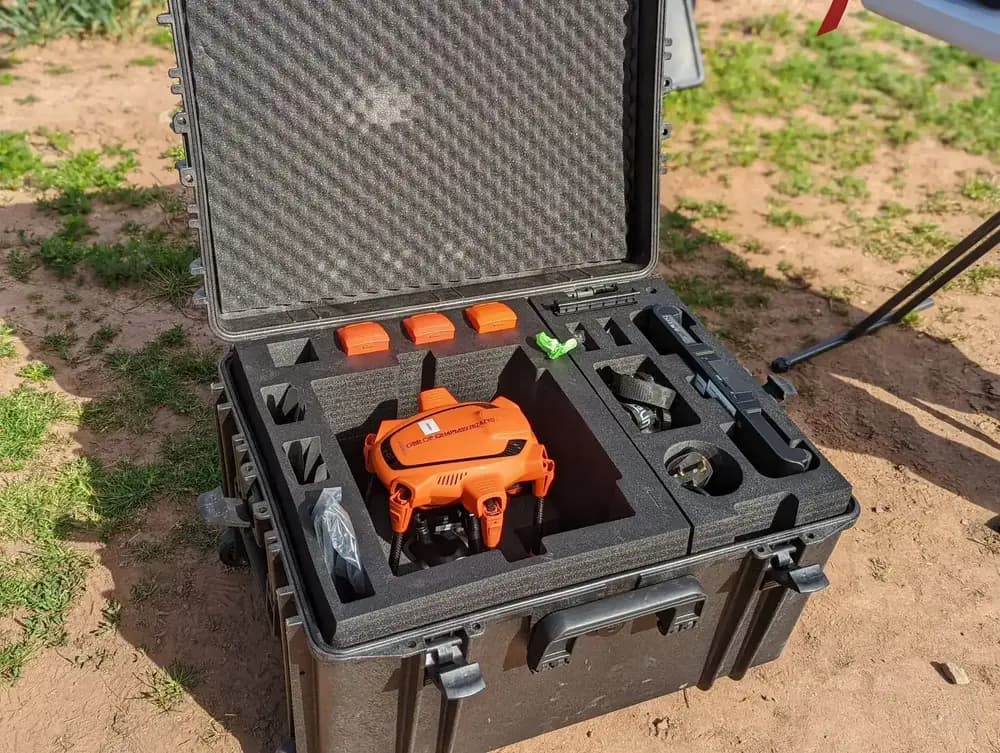
Our Drone Survey Service In Stirling, Scotland
Bringing you Stirling drone survey data from areas no one else can fly.

How Much Does A Drone LiDAR Survey Cost
Forecasting your drone LiDAR survey cost requires understanding what's hidden beyond the initial quote.
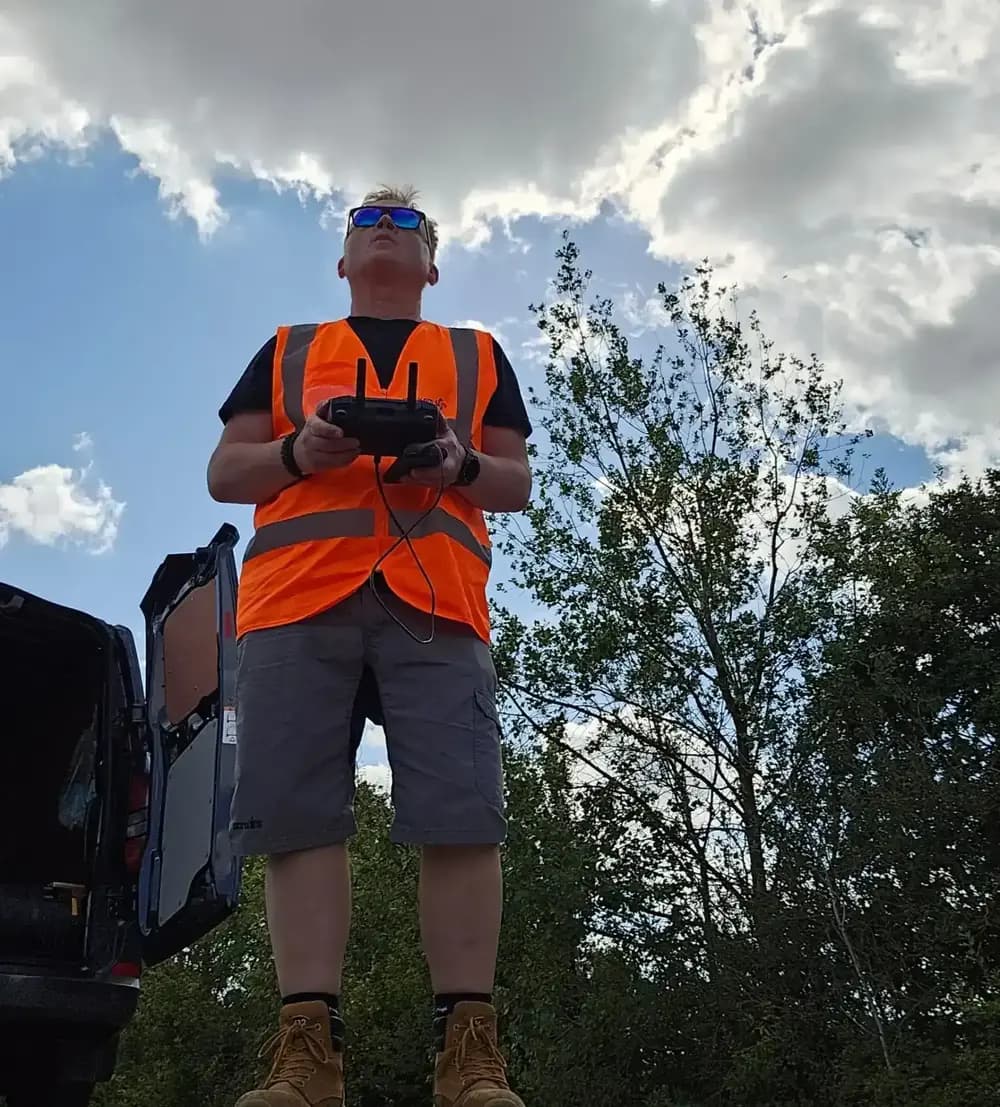
Step By Step Process Of Drone LiDAR Survey
Next, discover the crucial post-flight steps that determine your survey's success.
